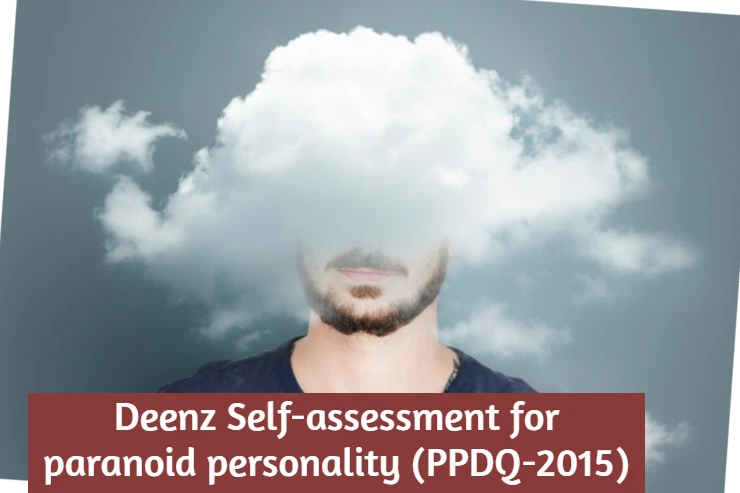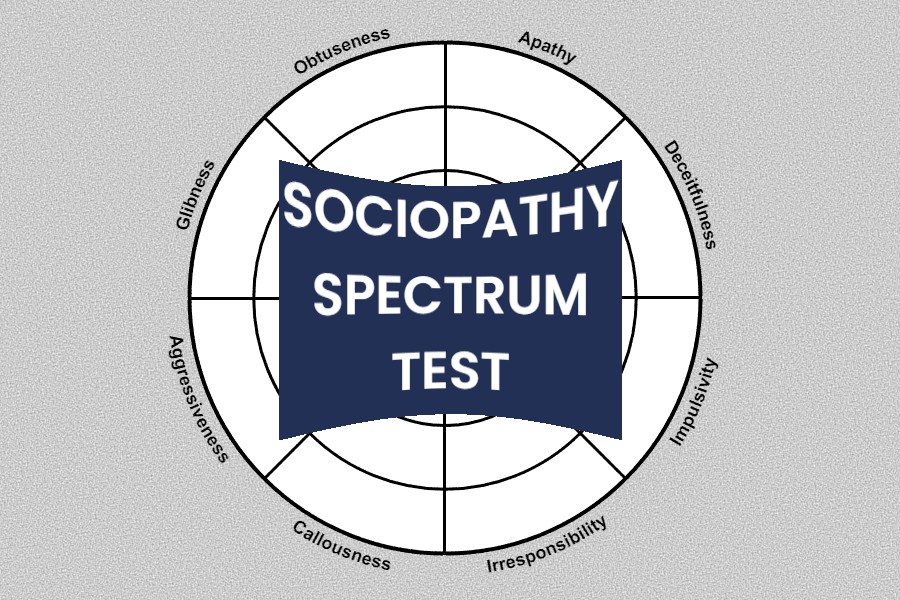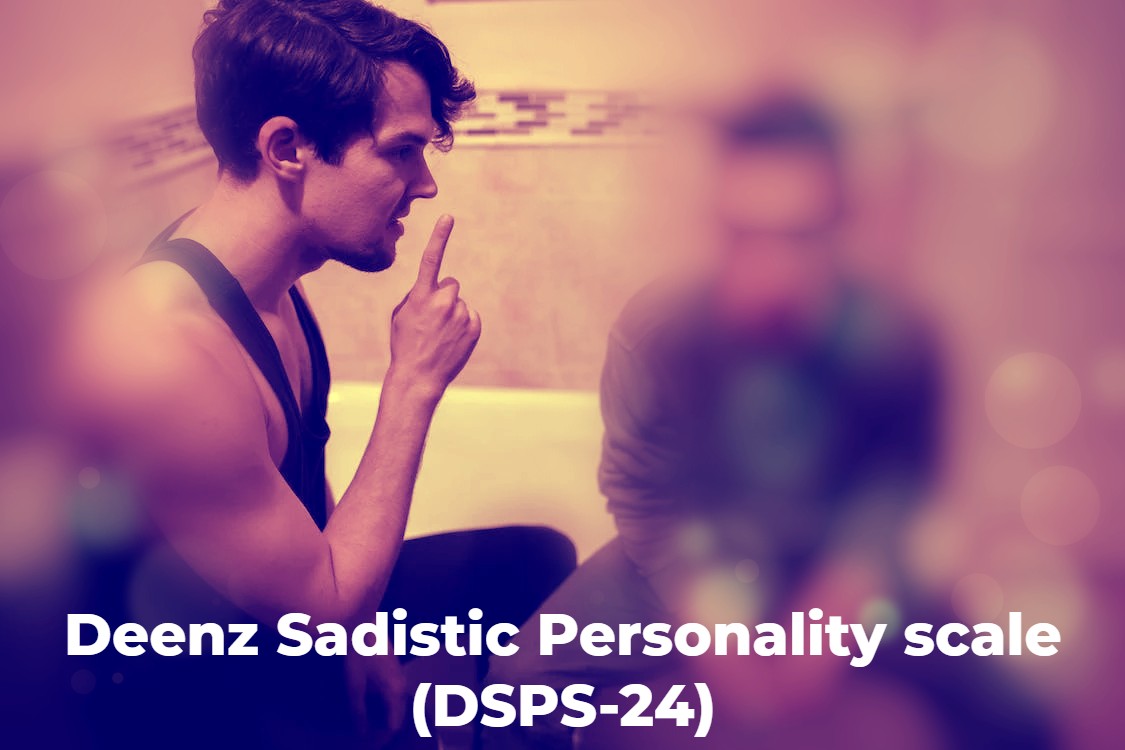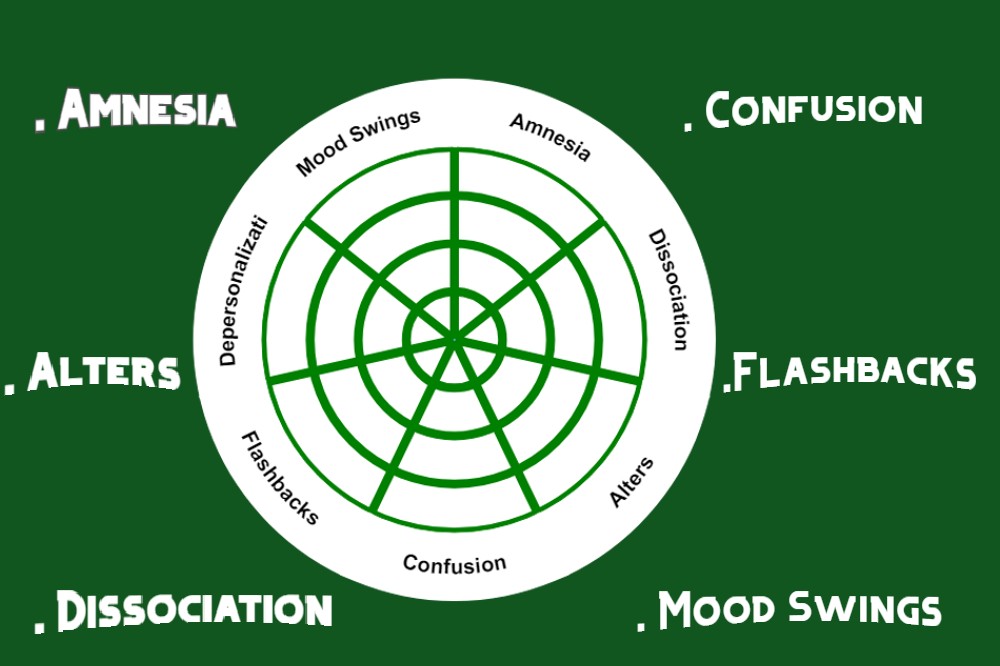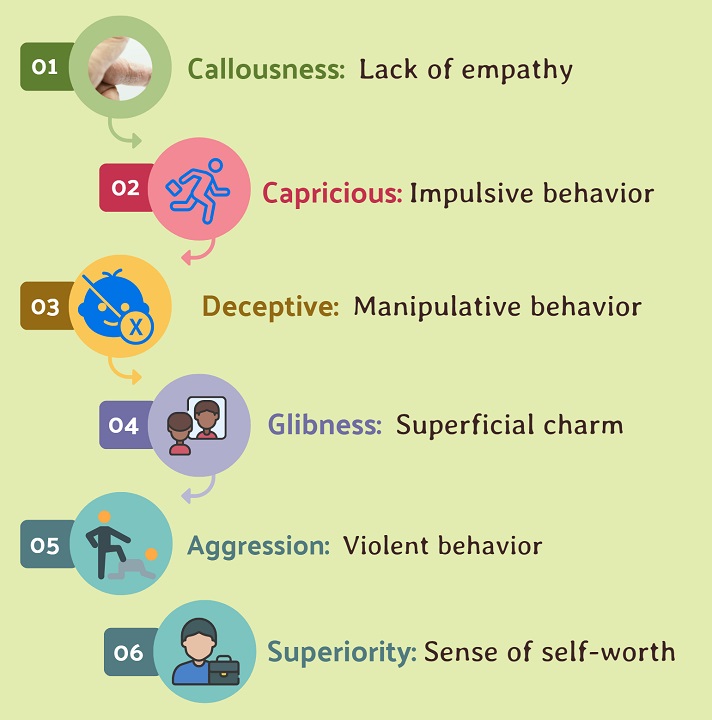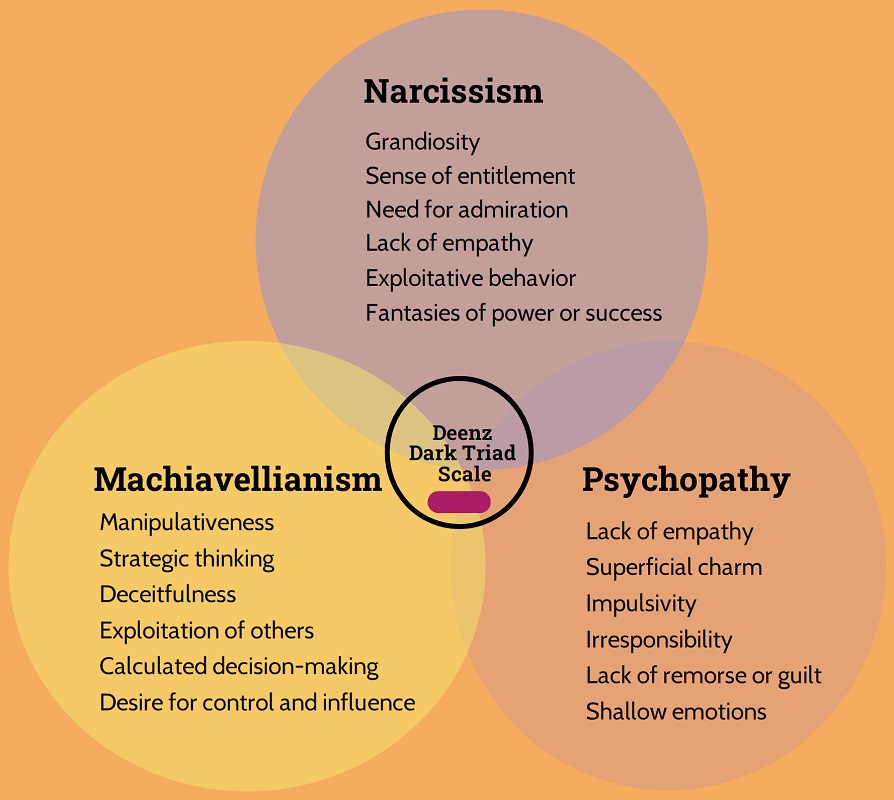Basic information | |
|---|---|
| Statements: | 24 |
| Duration: | 3–6 minutes |
| Type: | Self-assessment |
| Seminal work: | Deenz paranoid personality scale (DPPS-24) |
| Publishing year: | 2024 |
| Instructions: | The main purpose of Deenz paranoid personality scale is to measure tendencies towards paranoid personality disorder by accessing subclinical traits of paranoid personality in the general or non clinical population. Subclinical traits refer to the presence of personality features that do not meet the threshold for the formal diagnosis. The self-assessment consists of 24 statements. You need to indicate your level of agreement for each statement, ranging from never to always. |
Participation in this self-assessment quiz is completely anonymous. We do not collect or ask for personal information. Your results are not stored or used for research purposes. We are bound by the ethical guidelines proposed by the institutional ethics board.
The term ‘paranoid personality’ describes someone exhibiting pervasive distrust and suspicion of others. From a clinical perspective, if a person has difficulty trusting others or is excessively guarded, and these experiences impact social, mental, and interpersonal relationships, then these symptoms are significant for the diagnosis of paranoid personality disorder. [1] Triebwasser ….. “Paranoid personality disorder.”
The main aim behind development of Deenz paranoid personality scale was to measure tendencies to subclinical paranoid personality traits in the general population. These traits may be present but do not cause significant distress or impair daily life. [2] Combs, … “The role of subclinical paranoia on social perception and behavior.” By accessing these traits, the scale is also capable of identifying individuals who may be at risk of developing paranoid personality disorder.
Understanding Paranoid Personality Disorder Facets.
Skeptical (Pervasive Distrust): Skepticism refers to a state of doubt or questioning the authenticity of others. It is ok to be cautious and vigilant but some people are so inclined that they always question the validity and trustworthiness of others. [3] Kevin William Grant “Mistrust in Focus: The Unique Challenges of Paranoid Personality Disorder.” These doubts may be the result of past experiences and a healthy way to inquire but it may be considered abnormal, if these behaviors impact the social and interpersonal relationships.
Suspicion (Unwarranted Suspicion): Suspicion refers to a state of mistrust regarding the motives or intentions of others. It is normal to feel or believe that someone might be engaged in hurting you based on your past experiences or that someone might be jealous of your accomplishments. When suspicion is “unwarranted” it means there is not a strong reason to justify these beliefs about others. These unwarranted suspicions may impact interpersonal relationships and may have a profound impact on one’s social and psychological well-being. [4] Fanti E…. In search of hidden threats: A scoping review on paranoid presentations in personality disorders.
Secrecy (Reluctance to Confide):Secrecy the term refers to the act of keeping things confidential and hidden from others. It is a healthy behavior to be more strict in terms of sharing personal information. Some people intentionally try to hide such things which might not cause a threat and they are always questioned about confidentiality.
Malevolence (Perception of Malevolence): Perception of Malevolence refers to the state of thoughts or beliefs about others that they may cause harm even if there may not be strong evidence to support such a belief. People with paranoid personalities believe that others’ actions or motives are intentionally harmful and may be used deliberately against them to cause distress.
Hypervigilance (Readiness to Detect Threats): Hypervigilance refers to the state of awareness or alertness to detect threats or dangers. It might be okay for someone who is always in a hurry and feels a need to be extra alert, to safeguard against harm that may be caused by others. Some people are always and persistently engaged in detecting threats even when there might not be strong evidence to support the reason to be alert for potential threats. [5] Shivshankar Rajmohan AK. hyper vigilance and paranoia: problematizing self on social media.
Resentful (Difficulty Forgiving): Resentful refers to harboring feelings of bitterness and anger towards someone. We sometimes meet such people who hurt us intentionally and sometimes forgetting about past experiences seems impossible. Researchers believe that forgiving is a healthy way to cope with stress and helps in building close relationships. Individuals who face difficulty letting go of negative emotions and struggle to forgive might indicate abnormal behavior.
Isolation (Spending time alone): Sometimes when we feel down and sad, we often feel the need to be left alone. Isolation might be a healthy way to recharge our minds but it becomes a concern when it involves complete social withdrawal. People who persistently seek isolation from family or society due to mistrust and doubts about the intentions of others may be considered as having a paranoid personality.
Hostility(Easily irritated): Hostility refers to a state of expressing negative emotions toward others. Anger is the normal emotional response to the negative behaviors of others. Some people become easily annoyed and feel angry even by minor issues that may be easily resolved. Getting easily irritated can impact interpersonal relationships and may have a prolonged impact on overall well-being. [6] Sinha BK…. . Hostility and personality disorder. Imagination, Cognition and Personality.
References
Triebwasser J, Chemerinski E, Roussos P, Siever LJ. Paranoid personality disorder. Journal of personality disorders. 2013 Dec;27(6):795-805. https://doi.org/10.1521/pedi_2012_26_055 ↩
Combs, D. R., & Penn, D. L. (2004). The role of subclinical paranoia on social perception and behavior. Schizophrenia Research, 69(1), 93-104. https://doi.org/10.1016/S0920-9964(03)00051-3 ↩
Fanti, Erika, Marco Di Sarno, and Rossella Di Pierro. “In search of hidden threats: A scoping review on paranoid presentations in personality disorders.” Clinical Psychology & Psychotherapy 30, no. 6 (2023): 1215-1233. https://doi.org/10.1002/cpp.2913 ↩
Shivshankar Rajmohan AK. hyper vigilance and paranoia: problematizing self on social media: LITERARY ENDEAVOUR.:43. Google Scholar ↩
Sinha, B. K., & Watson, D. C. (2005). Hostility and Personality Disorder. Imagination, Cognition and Personality. https://doi.org/10.2190/BVQV-T26M-2WQ3-FDF5 ↩





